The Connection Between Posture and Mental Health
Elgin John, Physiotherapist
January 13, 2025 | News

In our modern world, where technology dominates our daily lives, the way we sit, stand, and move has changed dramatically. While we often associate good posture with physical health—such as preventing back pain or improving circulation—emerging research suggests that posture also plays a significant role in our mental health. Understanding the connection between posture and mental well-being can empower us to make simple adjustments that enhance our overall quality of life.
The Science Behind Posture and Mental Health
1. Body Language and Emotion: Our posture is a form of non-verbal communication. Studies have shown that adopting an open and upright posture can influence our emotions and mental states. When we slouch or hunch over, it can signal feelings of defeat or low self-esteem. Conversely, standing tall with shoulders back can evoke confidence and positivity.
2. The Power of the Brain-Body Connection: The brain and body are intricately connected. Research indicates that our body language can affect our brain chemistry. For instance, adopting a power pose—standing tall with arms raised—has been linked to increased testosterone levels (associated with confidence) and decreased levels of cortisol (the stress hormone). This suggests that simply changing our posture can have a direct impact on our mental state.
3. Posture and Mood: There is a growing body of evidence suggesting that posture can influence mood. A study published in the journal Health Psychology found that individuals who practiced good posture reported feeling more energetic and positive compared to those who slouched. This can be particularly relevant for individuals dealing with anxiety or depression, as adopting a more open posture may help alleviate some symptoms.
4. Mindfulness and Awareness: Practicing good posture encourages mindfulness and body awareness. When we focus on maintaining an upright position, we become more in tune with our bodies and feelings. This heightened awareness can lead to better emotional regulation and a greater ability to cope with stress.
Practical Tips for Improving Posture and Mental Health
1. Be Mindful of Your Posture: Throughout the day, take a moment to check in with your posture. Are you sitting up straight? Are your shoulders relaxed? Simple reminders to adjust your posture can make a significant difference over time.
2. Incorporate Movement: Regular physical activity can improve posture and overall mental health. Activities like Yoga, Pilates, or even walking can strengthen the muscles that support good posture while also releasing endorphins that boost mood.
3. Create a Comfortable Workspace: If you spend long hours at a desk, ensure your workspace is ergonomically friendly. Invest in a good chair, position your computer screen at eye level, and take regular breaks to stretch and move.
4. Practice Power Poses: Before a challenging task or presentation, try adopting a power pose for a few minutes. Stand tall with your arms raised or place your hands on your hips. This can help increase feelings of confidence and reduce anxiety.
5. Engage in Mindfulness Practices: Incorporate mindfulness exercises into your daily routine. Practices like meditation, deep breathing, or body scans can help you become more aware of your posture and its impact on your mental state.
6. Seek Professional Guidance: If you struggle with maintaining good posture consider consulting a physical therapist or chiropractor. They can provide personalized exercises and strategies to improve your posture and overall well-being.
Recent post
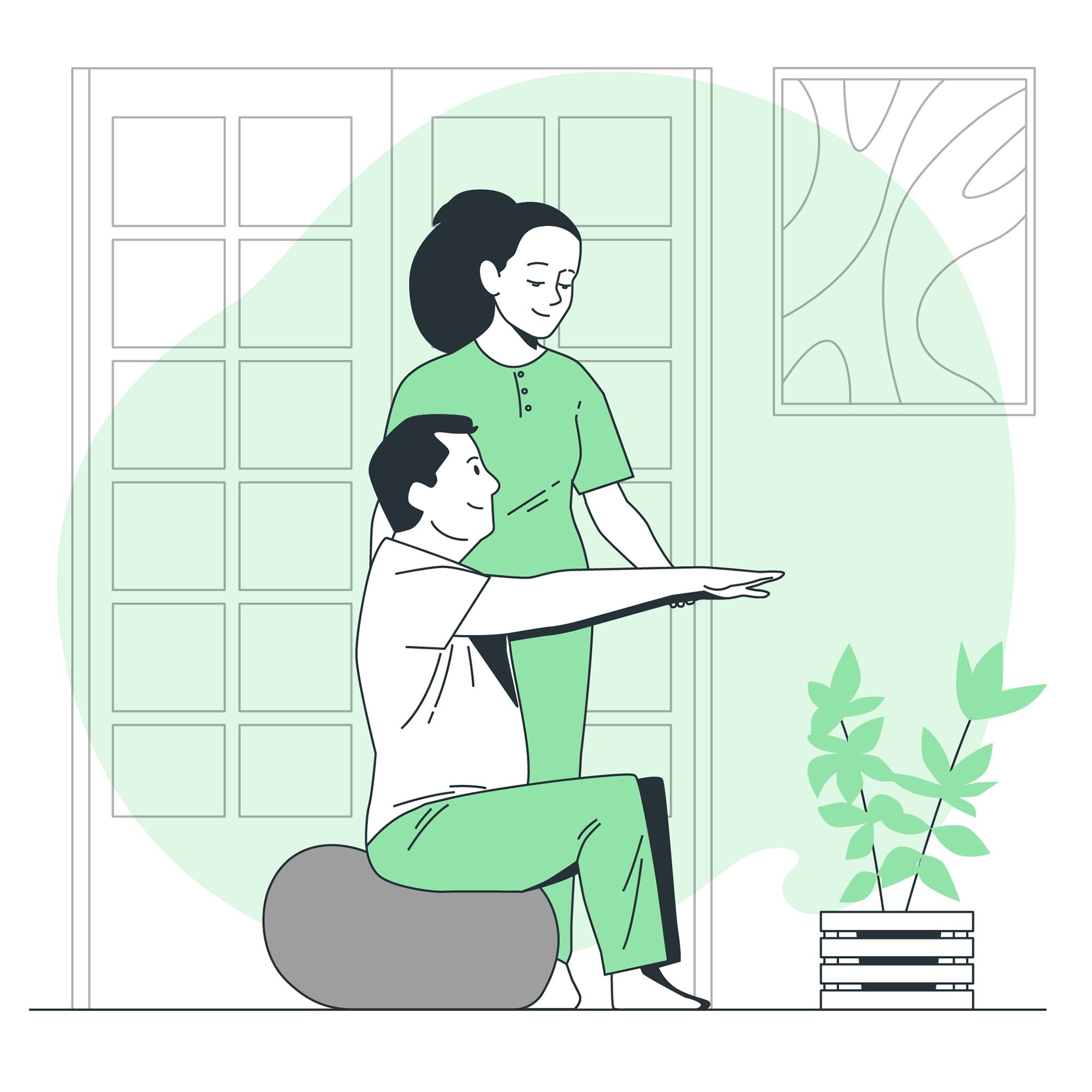
Healing After Surgery: How Physiotherapy Accelerates Recovery

Chiropractic vs Physiotherapy: What’s Best for Back Pain?

Spinal Decompression Therapy: A Non-Surgical Solution for Back Pain Relief
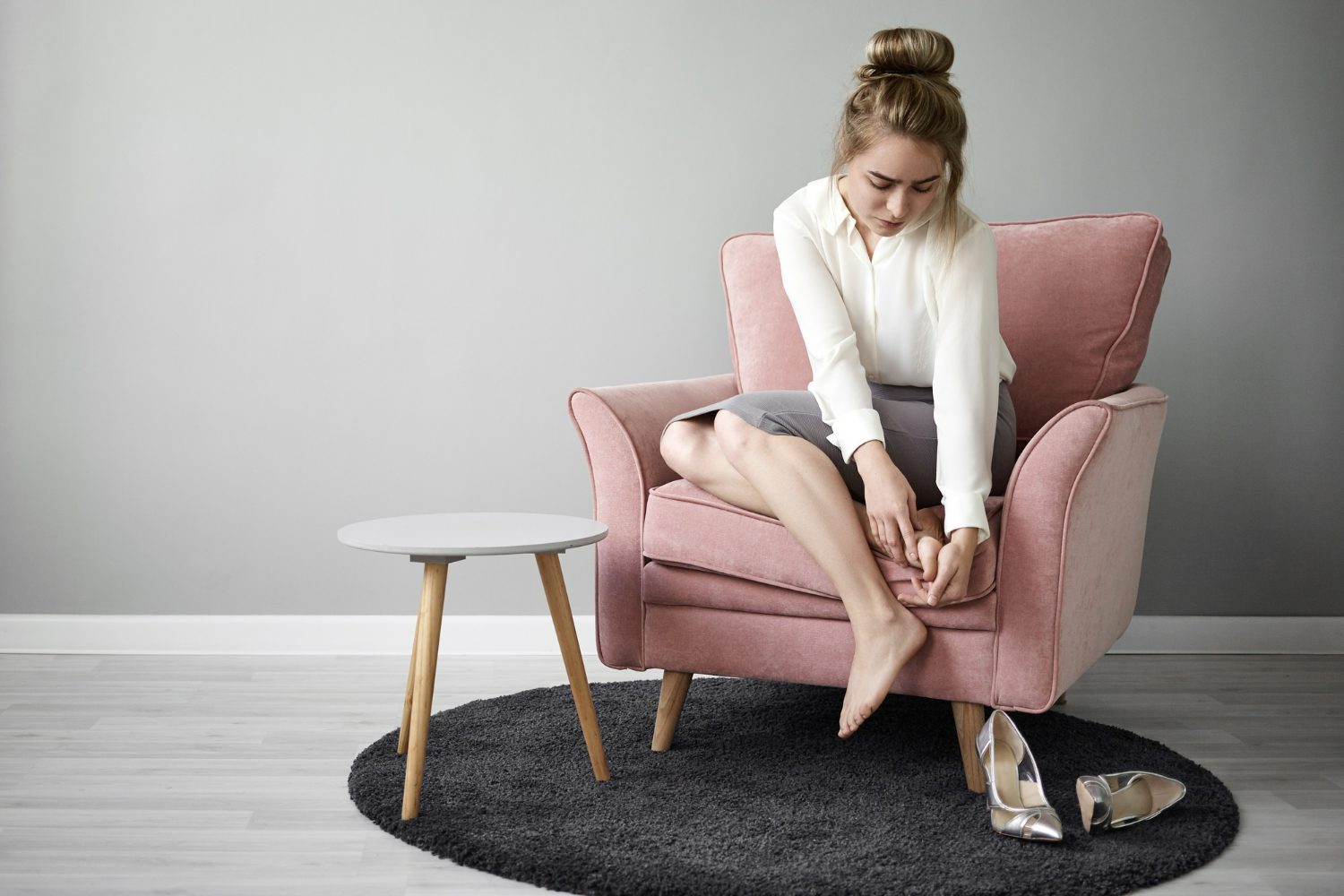
The impact of high heels on spinal health and alternatives

The Connection Between Posture and Mental Health
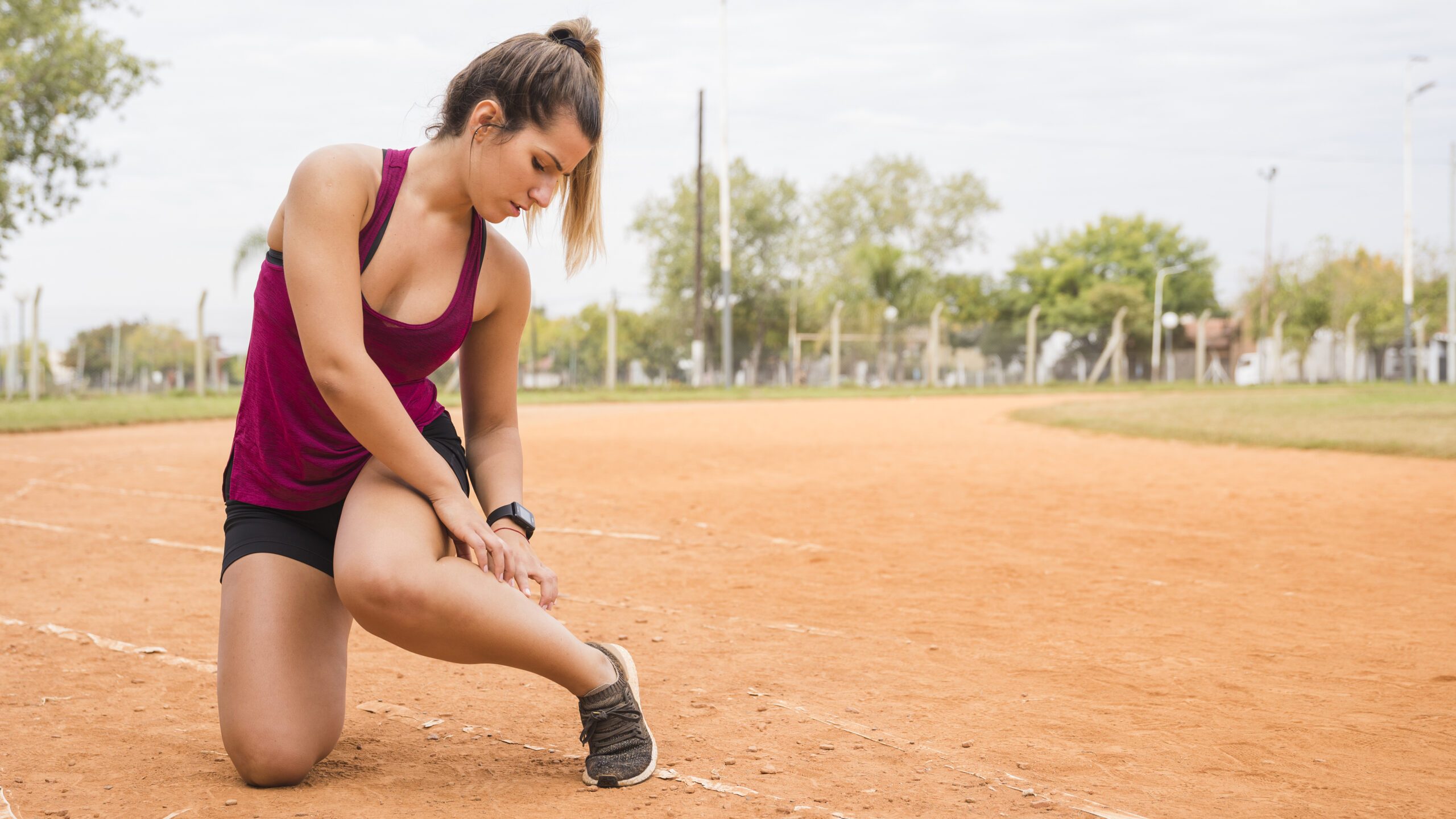
The Role of Chiropractic Care in Sports Injury Recovery
You may also like

How Often Should I Visit a Chiropractor?

Text Neck: How Physiotherapy Can Help Relieve Pain and Restore Posture

Are you sleeping comfortably?

The Role of Physiotherapy in Pre and Post Natal Women
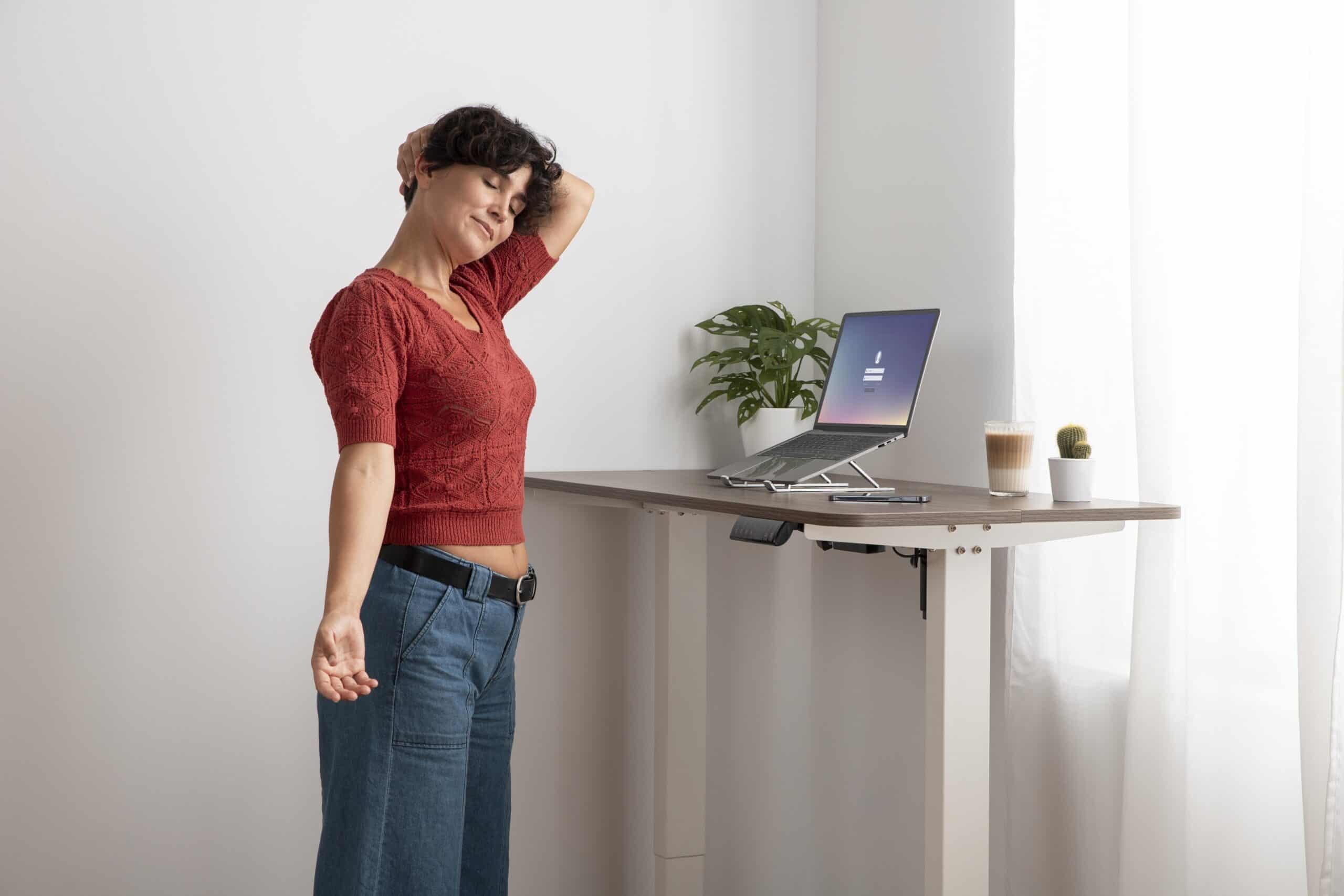
Standing Desks: Is Sitting the new Smoking?
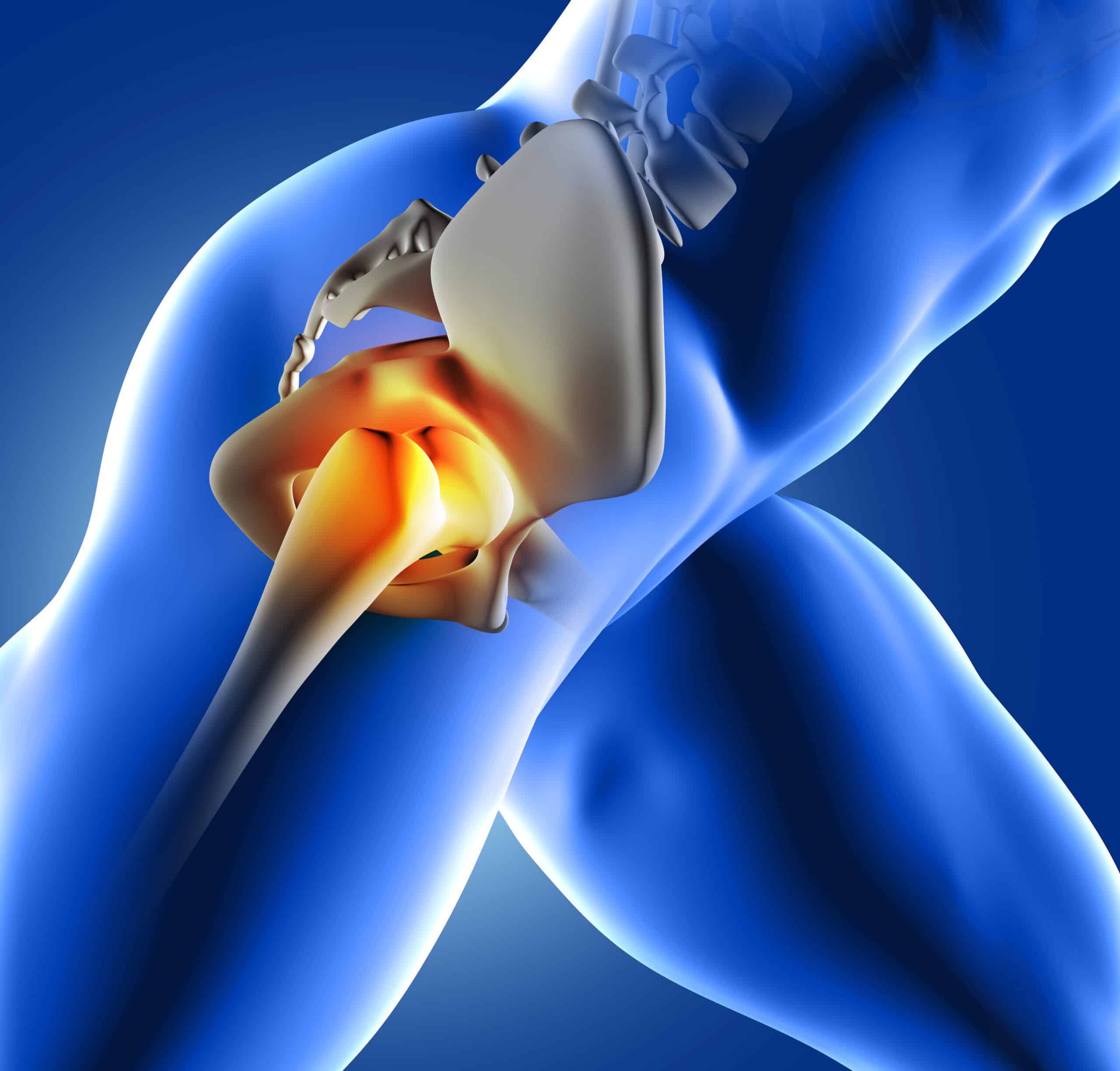
Piriformis syndrome and discogenic pain, Is it the same?
Recommended Posts
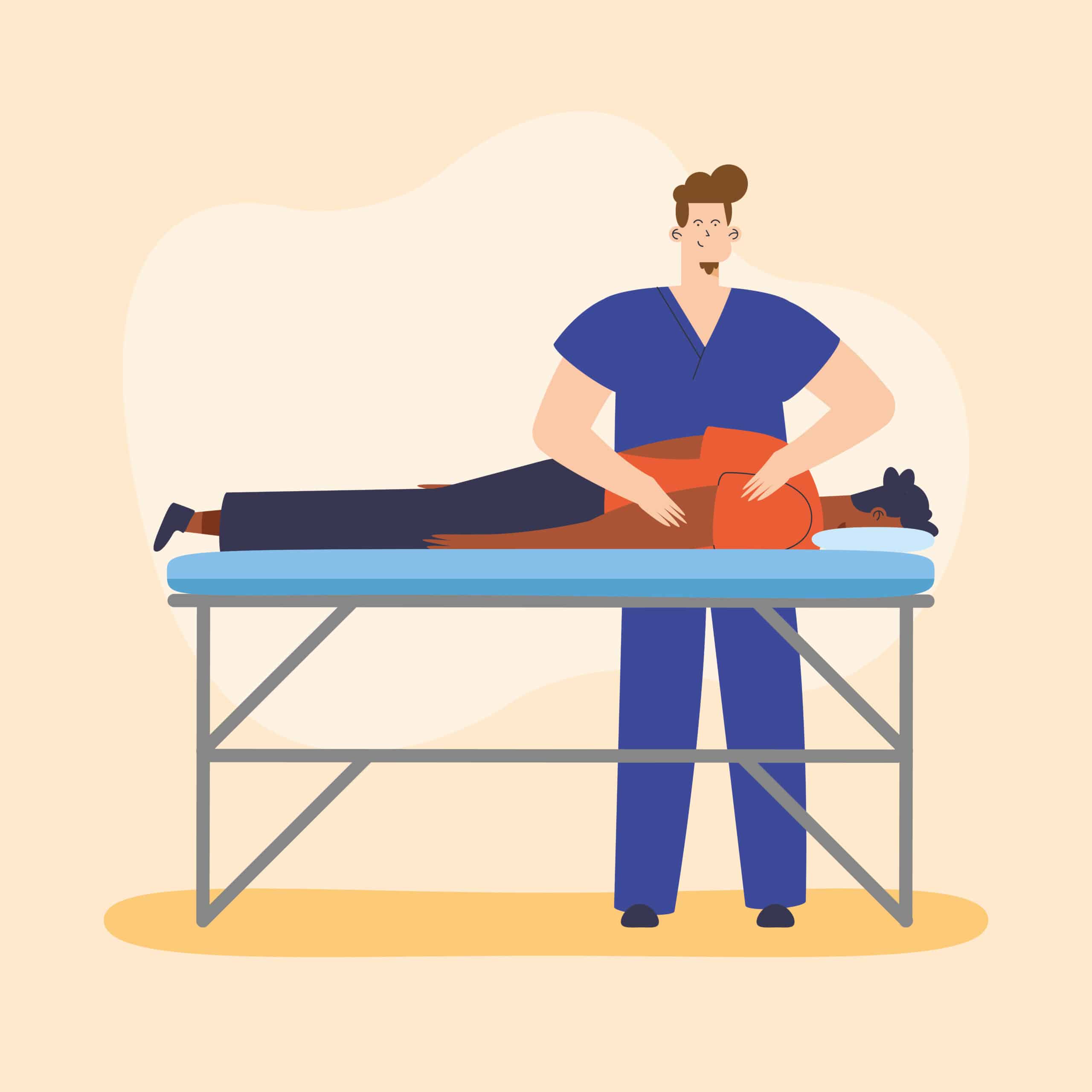
Debunking 5 Common Misconceptions About Chiropractic Care
by
Dr. Tim Jacobs DC LRCC MChiro
March 13, 2024

Spinal Decompression Therapy: A Non-Surgical Solution for Back Pain Relief
by
Roma Vaghela, Physiotherapist
March 7, 2025
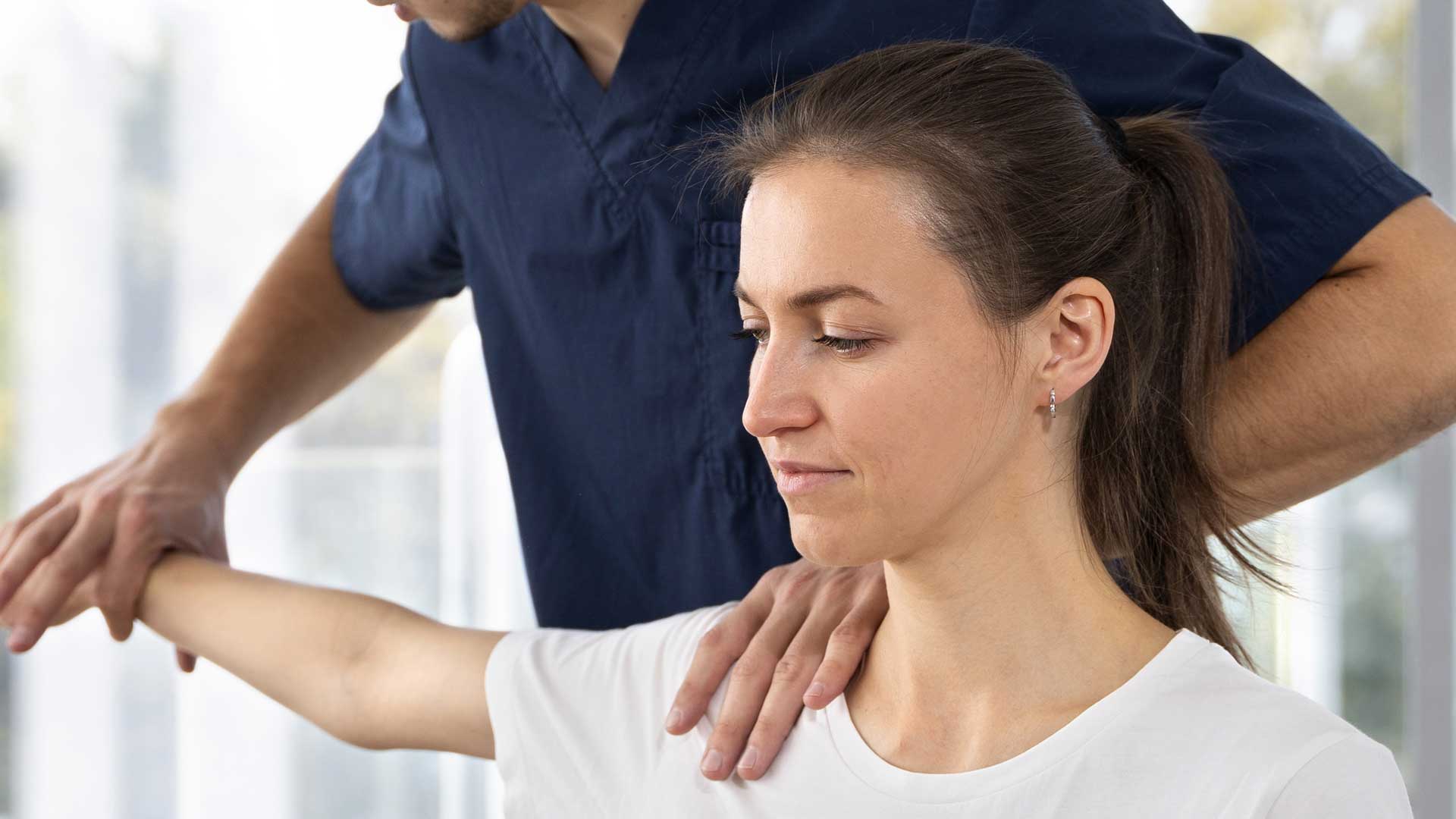
Shoulder Pain relief – The Healing power of Chiropractic Care
by
Dr. Imran Ali, DC MChiro
December 8, 2023
